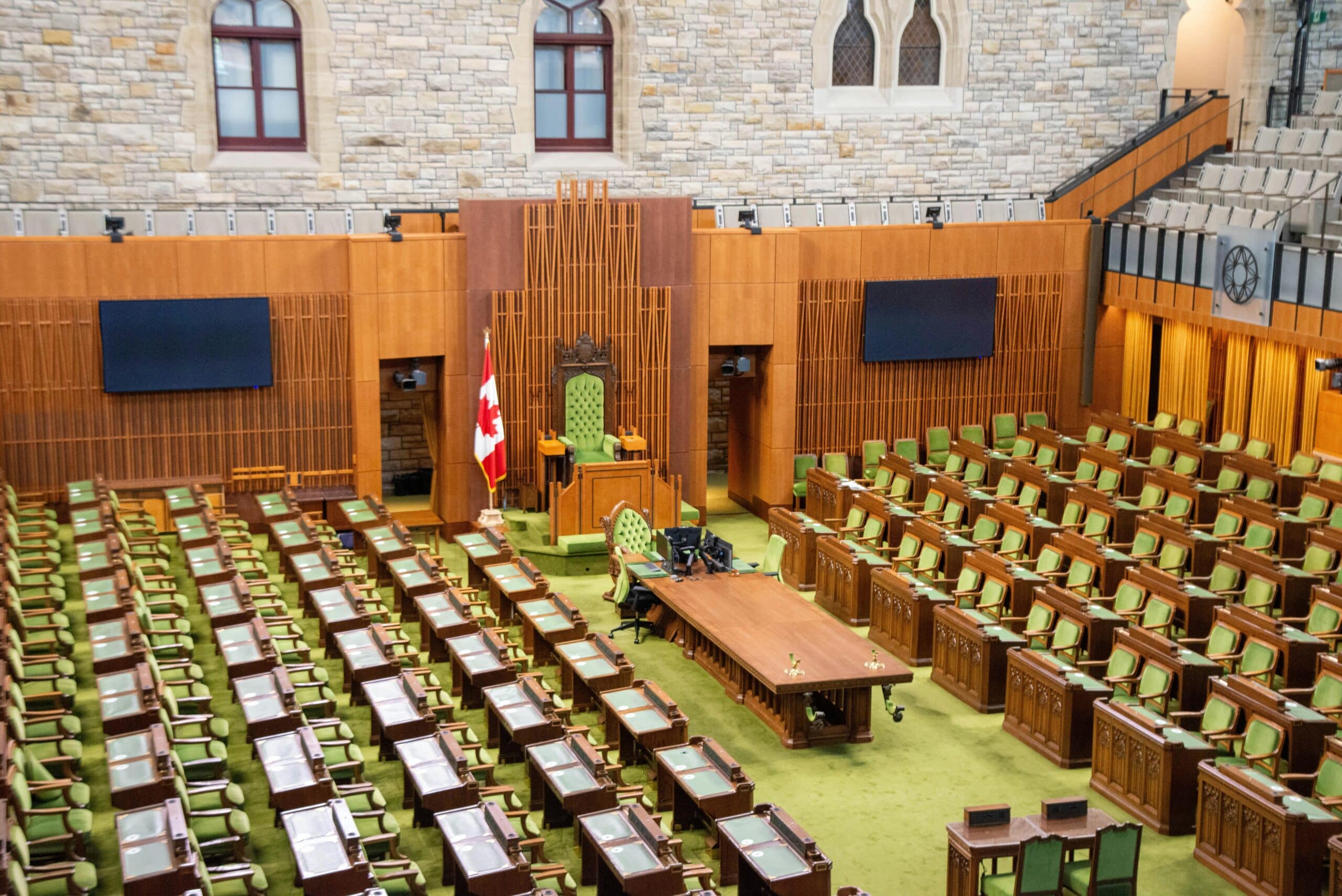During the course of our lives, we do our best to plan ahead for what will eventually take place when we pass away. In an ideal world, an estate plan would be carried out exactly to the letter, without incident or conflict, easing the grieving of those we leave behind. However, in recent years, lengthy estate litigation has become increasingly common[1]. Financial changes, family politics, and interpersonal disputes can result in an ongoing litigation that can become time consuming, costly, and emotionally draining. Enter, an Estate Trustee During Litigation.
An Estate Trustee During Litigation (ETDL) is a relatively recently introduced concept in which a court officer acts as a neutral, impartial third-party executor. An ETDL is helpful in cases where estate litigation is ongoing and likely to take some time to determine entitlement to estate assets.
How does an Estate Trustee During Litigation help?
The ETDL’s main duties involve asset recovery and preservation. The ETDL acts in both a fiduciary and executor capacity, and can undertake a review of conduct in cases where assets have already been distributed. In some cases, the court may extend those powers to conduct an investigation of the estate records and transactions undertaken, and even order the ETDL to sell estate assets.
Perhaps most importantly, the ETDL will often act as an intermediary to facilitate discussion amongst opposing parties in an effort to affect a settlement or forge a cost-effective way forward. Fundamentally, the ETDL’s role is to ensure that assets are not dissipated until matters come to a final resolution.
The ETDL’s duties generally include:
– Determining the value of the estate’s assets and liabilities
– Protecting and safeguarding the estate’s assets
– Preserving and, if necessary, tracing any assets discovered to be missing
– Maintaining separate trust accounts
– Reviewing and handling protective and other disbursements
– Ascertaining, defending, settling, and paying any debts
– Filing income tax returns and conducting tax planning
– Investing the estate’s funds to maximize realizations until the ETDL’s discharge or the funds are otherwise distributed
Do I need an ETDL?
While not every estate will need the assistance of an ETDL, there are many situations where ETDL services can be helpful in resolving estate proceedings:
1) Changes to the estate
How much time has elapsed between the writing of the will and the present day litigation? If recent changes to the estate were not accounted for in the will, there may be discrepancies that need to be addressed.
2) Difficult family politics
Family feuds often result in disputes over the distribution of assets. Conversations can get heated and unproductive. Seeking the assistance of a neutral third party can keep the distribution fair and unbiased.
3) Missing assets
In the event that assets represented in the will cannot be found, an ETDL can assist in tracing those assets and allocating them according to the will.
4) Stalled proceedings
Any of the above issues can lengthen the amount of time spent in litigation. Part of an ETDL’s role is to bring a fresh perspective, and present a new path forward in the event that discussions are stalled.
Zeifmans ETDL services
The team at Zeifmans has decades of experience acting in court appointments, including court reporting, the investigative review of previous transactions, asset recovery, and optimizing the sale of estate assets. Unlike institutional trustees (such as trust companies or lawyers who also often serve as court-appointed ETDLs), Zeifmans is a full service professional firm. This means that our clients benefit from our skilled resources in tax mergers and acquisitions, valuations, and accounting.
Our ETDL experience has included:
– Recovery and sale of estate assets
– Forensic transactional reviews
– Acting as mediator
Zeifmans has developed an esteemed reputation with the court and counsel based on our consistent commitment to serving the interest of all parties and their counsel in a professional and impartial manner. It’s our belief that effective ETDL services combine integrity and strategic insight to ensure the best results for everyone involved.
To speak to one of the professionals on our ETDL team, reach out to us today.
[1] The Globe and Mail, “Left Out of the Will? Here Are Your Options”, https://www.theglobeandmail.com/globe-investor/globe-wealth/left-out-of-the-will-here-are-your-options/article38110891/



